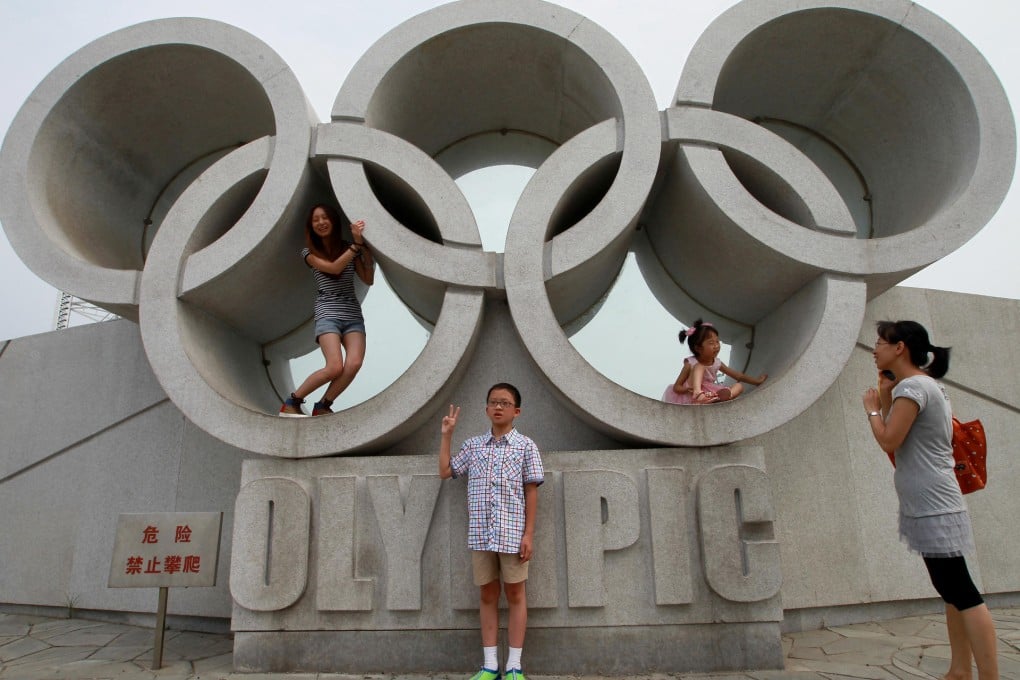Pollution-free days of Beijing Olympics now just a happy memory
The sunny days of August 2008 are just a happy memory. Five years on, face masks are a regular sight in the capital to battle an 'airpocalypse'

Three days ahead of the 2008 Olympic opening ceremony, several US cyclists arrived at Beijing Capital International Airport wearing black face masks to protect themselves from pollution - and immediately put the issue of the city's toxic air in the spotlight.
They wore the masks for just a few moments - but the pictures lasted much longer and embarrassed a government desperately struggling to fulfil its promise to clean up the city's notorious smog ahead of the Games.
Beijing's fast degradation of air quality since 2008 … has evolved into a public crisis, as more people worry about the pollution's health impact
Five years on, such masks are a regular sight as Beijingers learn to protect their lungs. Shrewd consumers buy masks that filter out tiny suspended particles known as PM2.5 - little known in 2008 but now recognised as a big threat to health.
The beautiful, sunny days of August 2008 came as a relief to Olympic organisers. But for Beijing residents, they are no more than a happy memory.
The political will to push cars off the roads, relocate polluting factories beyond the city and suspend industrial production in nearby provinces went away as fast as world sprint champion Usain Bolt left town.
Five years on, Beijing is notorious for its winter "airpocalypse", when thick and choking smog lingers in grey skies for months, only eased by occasional strong wind and rain. Most newcomers develop the "Beijing cough", a dry cough and itchy throat, usually between December and April.